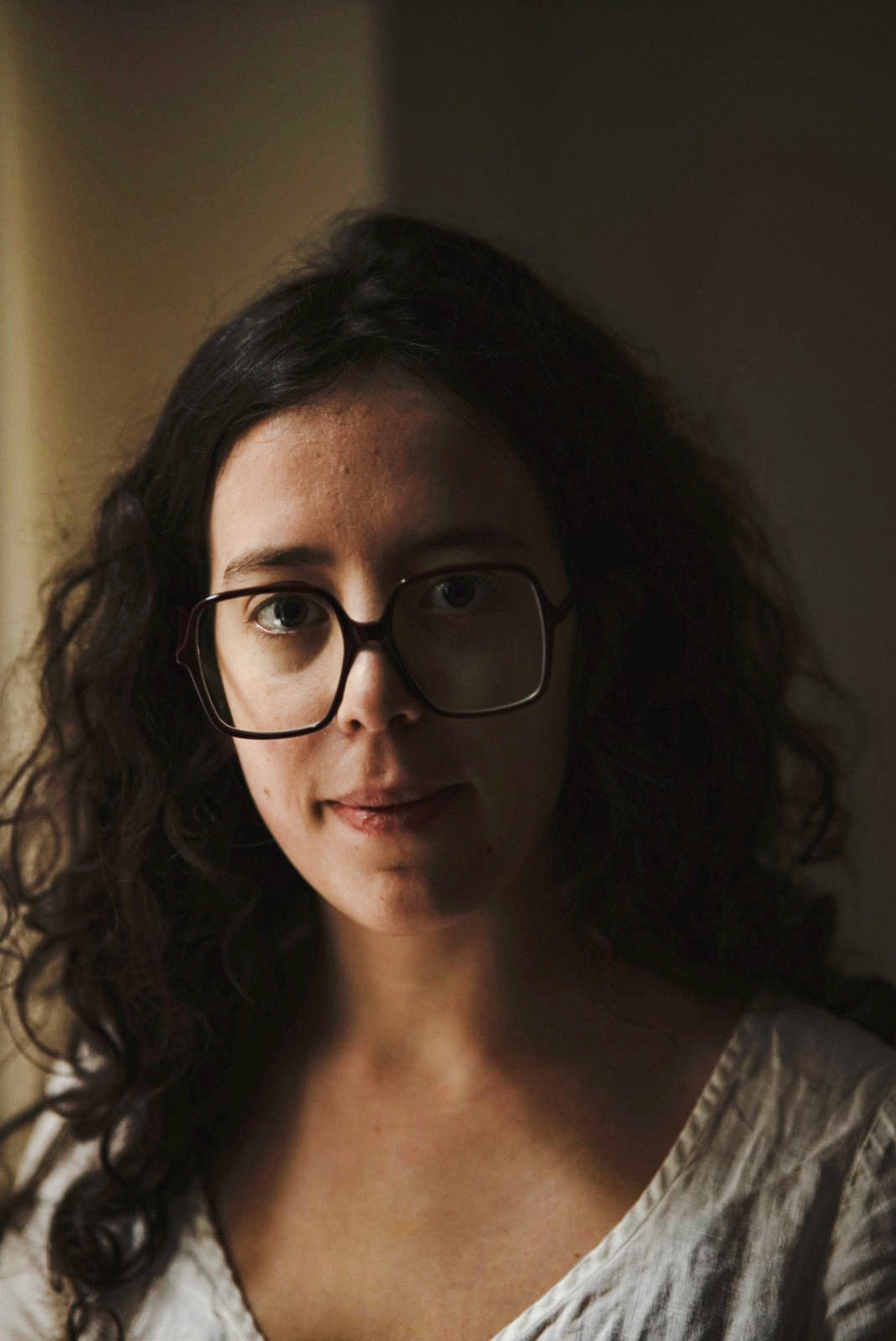
Biography:
Carol Iglesias Otero is a PhD candidate in Anthropology at the University of Chicago. Carol is carrying out ethnographic research on Mexico’s oil industry, where she examines how meteorologists, logistics and risks experts reproduce industrial rhythms in the midst of socioeconomic and environmental transformations. She has also participated in a research initiative which seeks to visualize the financial structures of ICE’s carceral infrastructure in central Florida, a project for which she collaborated with a coalition of immigration activists. Carol holds an M.A. in Research Architecture from Goldsmiths, University of London, and a B.A. in Comparative Literature from Reed College. Her academic work has been featured in Platypus, the CASTAC Blog and her creative work has been shown at the Lisbon Architecture Trienal in the Museu Nacional de Arte Contemporanea do Chiado and at the Centre for Forensic Architecture in London.
Project Title: Oil out of Joint: Handling Time, Work, and Weather in Mexico’s Sureste Petrolero
Abstract:
The oil industry on Mexico’s southeastern coast has developed atop a turbulent ecology: the Tabasco plains contain thirty percent of Mexico’s surface waters, its shoreline is undergoing severe erosion, while its ports and offshore platforms are exposed to hazardous weather year-round. Oil extraction depends on the constant flux of workers, petroleum, and provisions across a volatile ecology, a flux that requires monitoring weather and sea conditions and their impacts on the maintenance of this industrial timescape. My project explores how workers in Mexico’s oil industry struggle to coordinate ecological, infrastructural, and labor rhythms in the face of financial pressure to maintain a steady pace of production. I pay attention to the everyday work practices of three occupational groups: 1) platforms workers tasked with maintaining an uninterrupted, steady rhythm of oil extraction; 2) logistics workers and meteorologists managing mid-level temporal scales in Pemex’s logistics center; and 3) scientists involved in long-term modelling at Mexico’s Petroleum Institute. How do workers perceive the relation between their work, the ecological space in which it develops, and the financial embroilments of Pemex? Through what concepts, affects, and “temporal dispositions” do workers make sense of Pemex’s and their own exposure to accidents, losses, and interruptions?
 THE UNIVERSITY OF CHICAGO
THE UNIVERSITY OF CHICAGO

